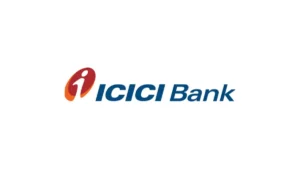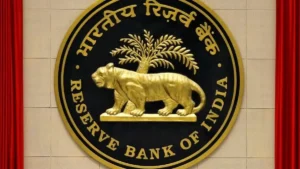The Reserve Bank of India (RBI) has initiated the Financial Literacy Week (FLW) 2025 from February 24 to 28, focusing on “Financial Literacy: Women’s Prosperity.” This annual event aims to educate women about managing finances, making informed decisions, and contributing to economic growth. By promoting financial literacy, the RBI seeks to bridge the gender gap in financial inclusion and empower women to participate actively in the economy.
Why is Financial Literacy Important for Women’s Prosperity?
Financial literacy plays a crucial role in women’s empowerment, enabling them to manage savings, investments, credit, and financial risks effectively. Inaugurating the FLW 2025, RBI Governor Sanjay Malhotra emphasized the importance of financial knowledge in achieving economic independence and security for women. He urged banks and financial institutions to leverage all communication channels to spread awareness among women about available financial services and schemes.
The initiative is aligned with India’s broader goal of enhancing financial inclusion, recognizing that when women are financially literate, they can make better financial choices for themselves and their families. By improving access to banking, credit, and investment opportunities, the RBI aims to create a financially resilient society.
How is RBI Promoting Financial Awareness Among Women?
The FLW 2025 involves collaboration with key financial institutions, including the National Bank for Agriculture and Rural Development (NABARD) and major commercial banks. RBI has launched multimedia campaigns, social media promotions, and educational materials to ensure maximum outreach. Banks have been instructed to conduct awareness sessions, distribute informative content, and engage with women customers to enhance their financial understanding.
Additionally, the National Centre for Financial Education (NCFE) has introduced online activities such as financial literacy quizzes for students and capacity-building programs for women. These programs cover topics like pension planning, credit management, investment strategies, digital banking, and risk management.
How Does This Initiative Align with India’s Financial Inclusion Goals?
Since 2016, the RBI has been organizing the Financial Literacy Week to educate citizens about personal finance and economic well-being. The focus on women’s prosperity in 2025 highlights the need to close gender gaps in financial participation. According to RBI, increased financial literacy among women can lead to stronger household financial stability, improved entrepreneurship opportunities, and a more inclusive economy.
By encouraging women to take control of their finances, the RBI is not only fostering personal financial growth but also contributing to India’s economic development. The initiative reflects a long-term commitment to building financial awareness and ensuring that financial services reach all sections of society.
The Financial Literacy Week 2025 serves as a step forward in India’s journey toward financial empowerment, reinforcing the idea that an informed and financially capable population is key to sustainable economic progress.
Key Highlights of Financial Literacy Week 2025
| Key Aspects | Details |
|---|---|
| Why in News? | RBI launched Financial Literacy Week 2025 (Feb 24-28) with the theme “Financial Literacy: Women’s Prosperity.” |
| Objective | To empower women with financial knowledge, improve financial inclusion, and enhance economic participation. |
| Key Focus Areas | Banking access, credit management, investment, digital banking, pension planning, and financial security. |
| Who Launched It? | RBI Governor Sanjay Malhotra inaugurated the event. |
| Major Initiatives | Awareness campaigns, multimedia promotions, NCFE online programs, and bank-led literacy drives. |
| Collaboration Partners | NABARD, commercial banks, National Centre for Financial Education (NCFE). |
| Alignment | Part of National Strategy for Financial Education (NSFE) 2020-2025. |
| Historical Context | RBI has been organizing FLW since 2016 to promote financial awareness. |
| Impact | Aims to close gender gaps in financial participation and strengthen women’s economic independence. |



 PhonePe Launches AI-Powered Natural Lang...
PhonePe Launches AI-Powered Natural Lang...
 ICICI’s New Swasthya Pension Scheme: A S...
ICICI’s New Swasthya Pension Scheme: A S...
 RBI’s New Rulebook: UTI Required for All...
RBI’s New Rulebook: UTI Required for All...








